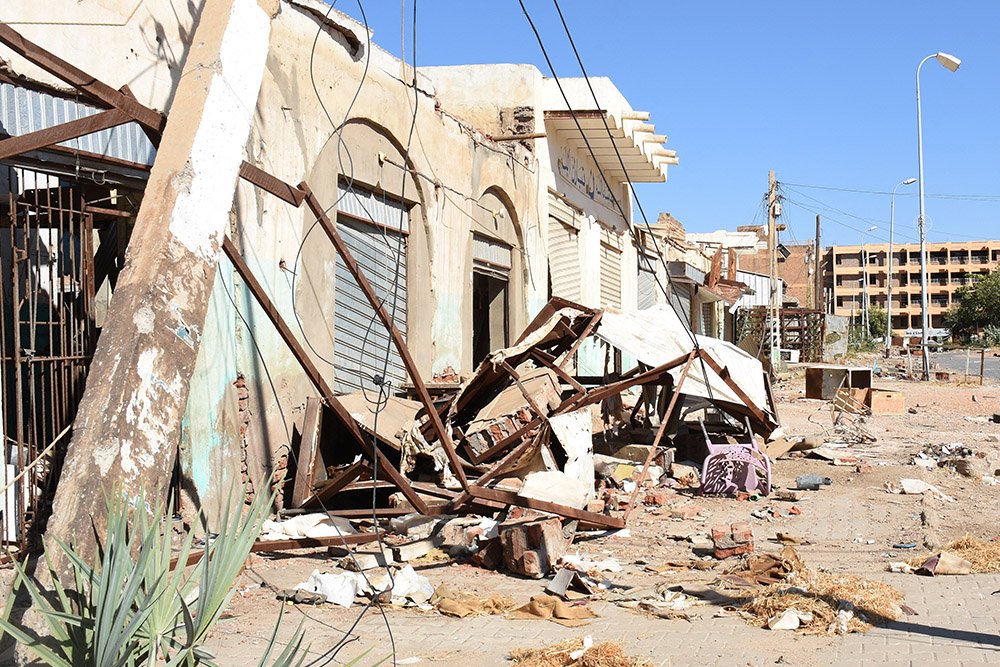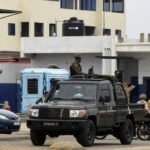Between January and March 2025, South Sudan experienced one of its most violent periods in recent memory, with at least 739 civilians killed and nearly 680 others injured, according to a new report from the United Nations Mission in South Sudan (UNMISS).
The report paints a grim picture of a country still struggling to heal from years of civil war. The South Sudanese Civil War, which erupted in 2013 following political disputes between the president and his former deputy, officially ended with the signing of the Revitalized Agreement on the Resolution of the Conflict in South Sudan (R-ARCSS) in 2018. However, sporadic violence continues to erupt, especially in regions where state authority remains weak.
In this recent surge, community-based militias and civil defense groups were responsible for the majority—about 66%—of the violence. These groups, often aligned along ethnic or tribal lines, are frequently at the heart of intercommunal conflict, particularly over resources like cattle, land, and water.
Another 22% of the violence was attributed to unidentified armed actors, while 15% involved formal armed groups such as the South Sudan People’s Defense Forces (SSPDF) and opposition military groups, some of which are parties to the 2018 peace deal.
The state of Warrap, located in the northwest and historically known for communal clashes, reported the highest number of deaths—428 civilians killed and 298 injured. Meanwhile, Central Equatoria, which includes the capital Juba, also experienced a rise in violence, including abductions and sexual violence.
One of the most tragic developments is the increase in violence against women and children. According to UNMISS, women and girls made up 98% of the victims of conflict-related sexual violence (CRSV)—a persistent issue in post-conflict regions. In total, 171 children were documented as victims of killing, injury, or abduction—a steep rise from 114 in the previous quarter.
Among the deadliest recent clashes was the March 2025 conflict in Nasir County, where the Nuer White Army, a powerful youth militia, engaged in a fierce battle with the SSPDF, displacing thousands and killing dozens of civilians. Weeks later, an aerial bombing in Old Fangak reportedly killed at least seven civilians, including an infant, and destroyed key medical infrastructure.
UN officials are now urgently calling on South Sudanese authorities to take decisive action. Guang Cong, Deputy Special Representative of the UN Secretary-General, said that protecting civilians must remain the state’s primary obligation. He emphasized the need for justice, dialogue, and robust responses to hold perpetrators accountable.
“Without action, this cycle of violence will only deepen,” Cong warned. “Communities cannot continue to live in fear of attacks, abductions, and violations of their dignity.”
Also Read; Trump to Host African Presidents for Economic Dialogue
Despite its challenges, UNMISS is actively working to mitigate violence. The peacekeeping mission continues to conduct thousands of patrols by air, land, and river. It also supports mobile courts in remote areas to help communities access justice. These efforts are complemented by ongoing peace dialogues, reconciliation efforts, and the deployment of civilian protection sites in areas of high risk.
The recent spike in violence highlights the fragility of peace in a nation still grappling with displacement, political instability, and resource-based conflict. Humanitarian agencies, including Doctors Without Borders (MSF) and the International Committee of the Red Cross (ICRC), are calling for increased international engagement to prevent further deterioration.
As South Sudan marks over a decade of independence since its 2011 secession from Sudan (Wikipedia), many citizens are still waiting for the peace they were promised. With national elections postponed and political tensions simmering, the coming months may prove pivotal.
Unless meaningful reforms and peace-building take root, South Sudan risks relapsing into another devastating phase of instability—one its people can ill afford to endure again.







